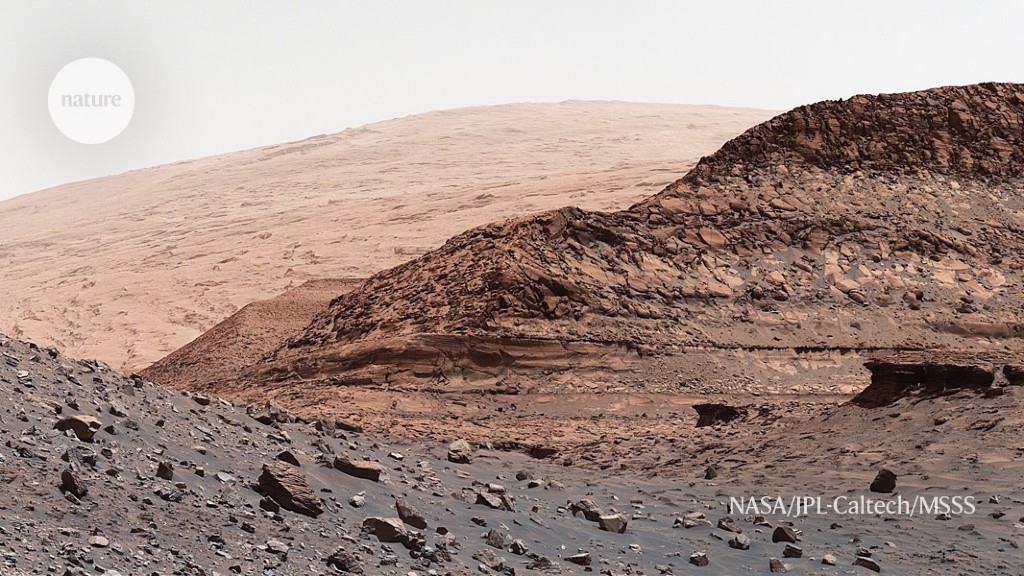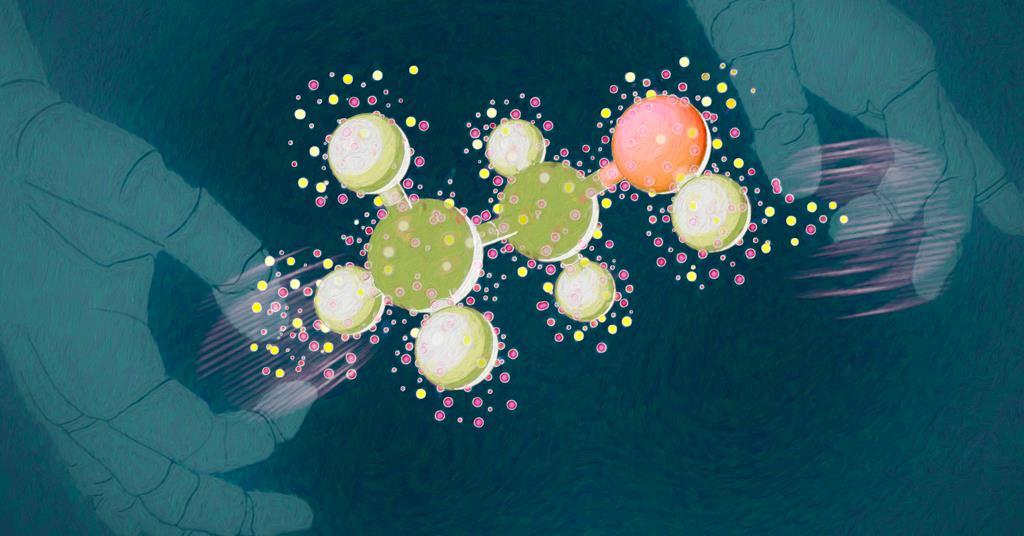ROBOT CHEMIST POWERS UP ON MARS
Hello, fellow space enthusiasts! Get ready to blast off with exciting news from the latest robot chemist on Mars! This isn’t just any robot chemist – this bad boy is powered by artificial intelligence (AI). It’s like a chemistry rockstar on Mars! This chemist might just be able to extract oxygen from water on that big red planet – talk about science fiction coming to life!
Using materials found right on Mars, this amazing robot produces catalysts that breakdown water to release oxygen. The study, published in Nature Synthesis, shows that this new innovation has the potential to compliment existing technologies OR even lead to the development of other catalysts that can make useful resources. How cool is that!? This is such a gamechanger for Mars missions, it’s out of this world.
Catalytic creator
If a catalyst that can produce oxygen from water can be made on Mars, this would remove the need for missions to carry such a catalyst from Earth. Jiang says that for every square metre of Martian material, his group’s system could make nearly 60 grams of oxygen per hour, potentially removing the need for astronauts on future missions to the planet to carry oxygen from Earth to use when they get there. “The robot can work continuously for years,” says Jiang.
But wait! Mars isn’t the only place where this impressive robot chemist might work its magic. Lunar soil is another intriguing possibility. The Chinese researchers might be on the brink of something revolutionary here.
Let’s talk about the competition – MOXIE is the lead investigator on the Mars Oxygen In-Situ Resource Utilization Experiment (MOXIE) on board NASA’s Perseverance rover, which touched down on Mars in February 2021, and has successfully demonstrated the production of oxygen from the Martian air, which is mostly carbon dioxide. What a heated battle of the bots!
Gentle readers, what are your thoughts? Wouldn’t it be AMAZING to see AI in action, creating and producing resources in outer space? How do you think this robot chemist could benefit future Mars missions? Drop a comment and let’s get the conversation started! Keep reaching for the stars!
IntelliPrompt curated this article: Read the full story at the original source by clicking here




